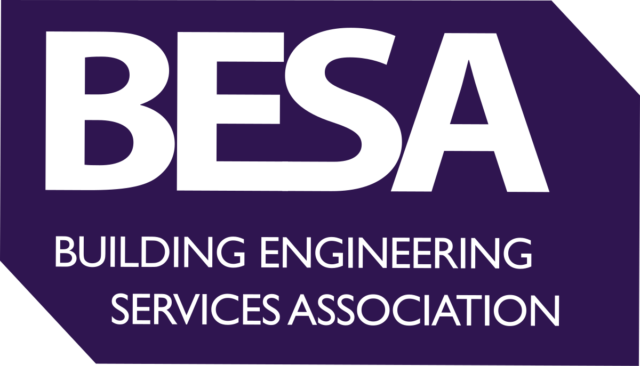The Building Engineering Services Association (BESA) has taken decisive action by suspending 14 member companies from its directory following a recent audit of compliance procedures. This decision, made public in June 2025, underscores BESA’s commitment to upholding professional standards in the building services sector.
BESA’s suspension of these firms follows internal reviews that uncovered multiple breaches relating to competency standards, certification gaps, and failure to meet the updated regulatory requirements introduced under the Building Safety Act. This development has sparked serious discussions across the construction, HVAC, and building engineering sectors about quality assurance and the integrity of supply chains.
What Prompted the Suspensions?
According to industry sources, the suspended companies failed to provide adequate evidence of their continued competence and compliance with mandatory technical standards. Areas of concern included:
- Lapsed technical accreditations, particularly around health and safety, gas and ventilation installations
- Failure to meet CPD (Continuous Professional Development) requirements for key operatives
- Incomplete or outdated documentation relating to competency certifications
- Non-adherence to Building Safety Act provisions, especially concerning high-risk buildings
These suspensions are not permanent, but the companies in question must remedy their deficiencies and undergo a thorough reassessment before rejoining BESA’s membership roster.
The Impact on Contractors, Clients, and the Wider Supply Chain
Suspension from BESA’s membership list can have substantial repercussions. Many clients and main contractors rely on the BESA directory to source qualified, vetted suppliers. Losing BESA accreditation can:
- Jeopardise existing contracts, especially on public sector or framework projects
- Invalidate tender eligibility for clients requiring BESA affiliation
- Damage company reputation, leading to lost business and long-term trust issues
- Undermine supply chain confidence, increasing compliance scrutiny on partners
For the wider industry, this situation serves as a warning against complacency in standards verification. With heightened regulatory focus post-Grenfell, particularly around building safety and mechanical services, lapses in compliance can no longer be tolerated.
Strengthening Governance Across Building Services
BESA’s actions highlight the necessity of robust internal governance. Firms seeking to protect their reputation and eligibility must prioritise:
- Routine internal audits to ensure certification and qualifications remain valid
- Proactive CPD investment to keep pace with regulation and innovation
- Comprehensive record-keeping to support compliance demonstrations during inspections
- Early adoption of digital compliance tools, including automated certification tracking systems
Recommendations for Affected Businesses
Suspended firms should act swiftly to restore their status. Key actions include:
- Engaging independent compliance consultants to identify gaps
- Scheduling urgent re-training for technical staff
- Auditing all project files and updating documentation
- Engaging directly with BESA’s technical compliance team to confirm remediation pathways
Demonstrating transparency and commitment to rectifying issues is critical in expediting reinstatement.
The Role of Accreditation in a Post-Grenfell Environment
Since the Grenfell Tower tragedy, regulatory bodies have imposed strict scrutiny on the credentials of contractors working on buildings—especially high-rise and high-risk residential blocks. BESA’s response aligns with this climate of zero tolerance for lapses in competence.
The Building Safety Regulator (BSR) now works in tandem with professional bodies to monitor industry standards. Companies must expect continued cross-referencing of accreditations, certifications, and audit outcomes across multiple databases and licensing bodies.
Final Thoughts
The suspension of 14 BESA members marks a turning point in the construction and engineering services sectors. It serves as a sobering reminder that accreditation is not a one-off badge but an ongoing commitment. Industry leaders must embed compliance and training into their core operations—not as a formality, but as a cornerstone of sustainable, accountable business practice.


